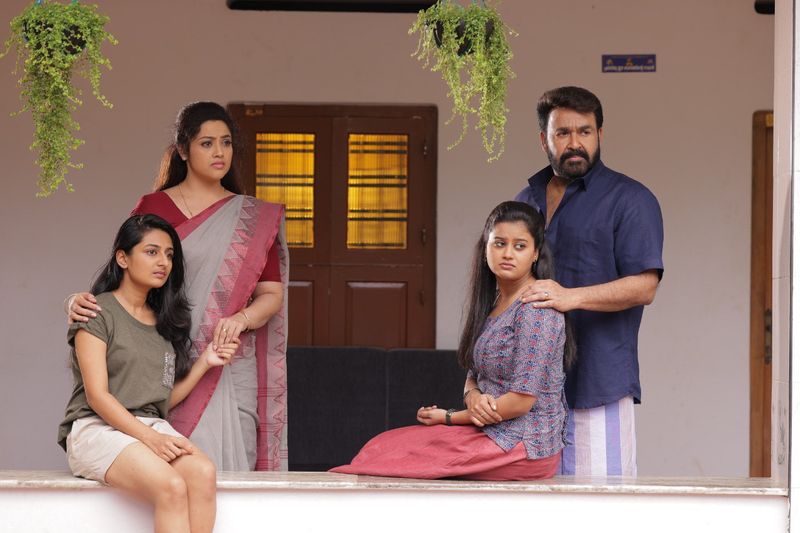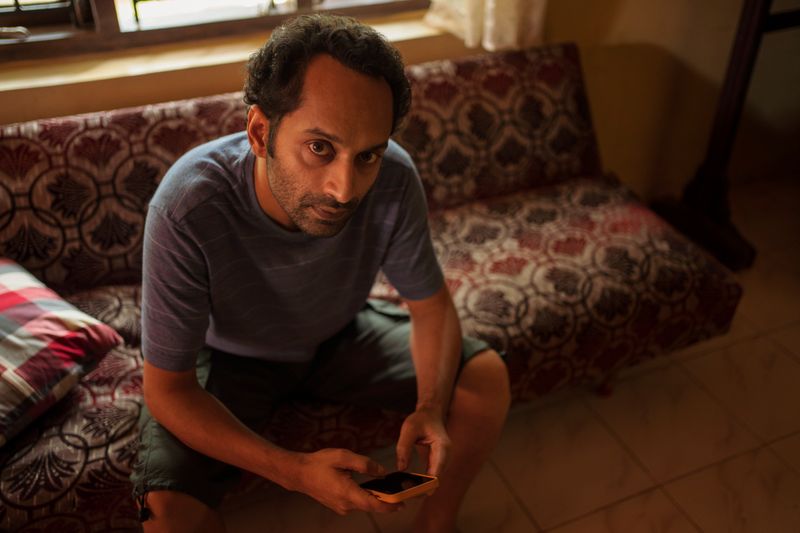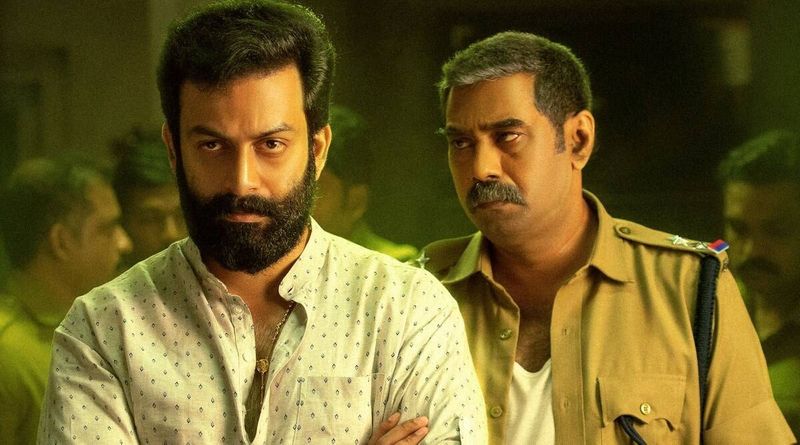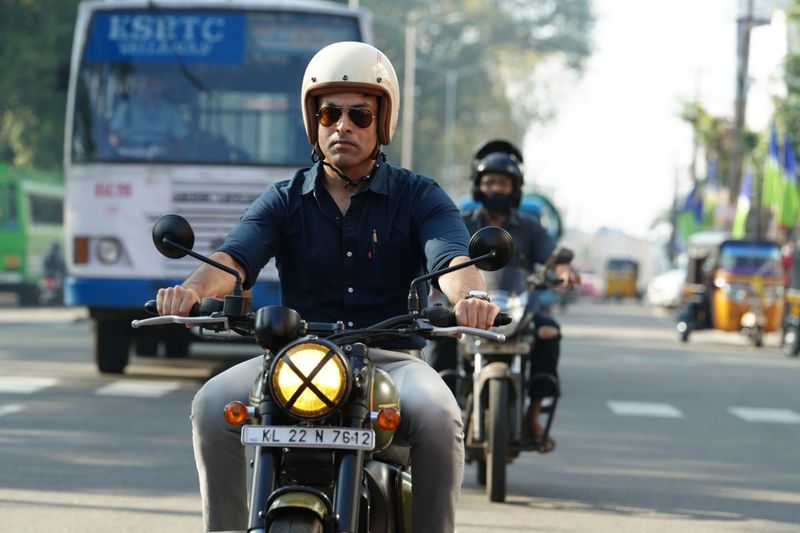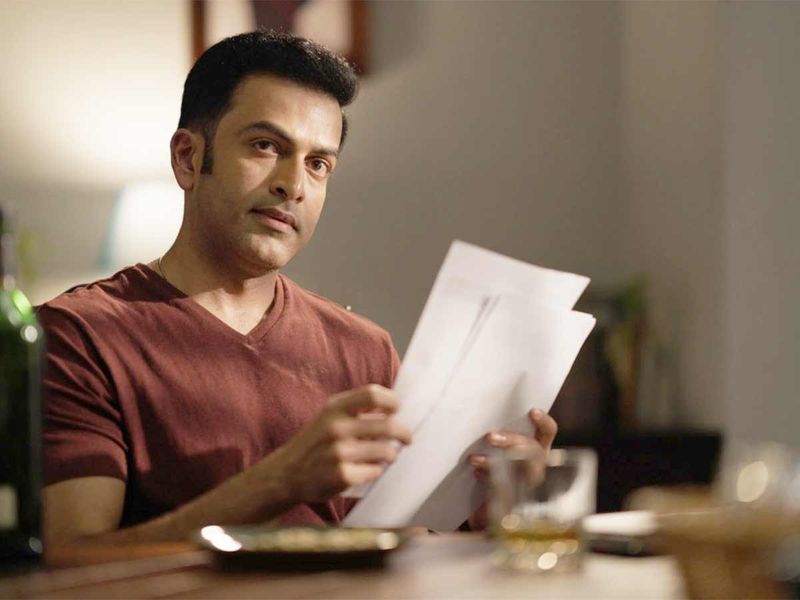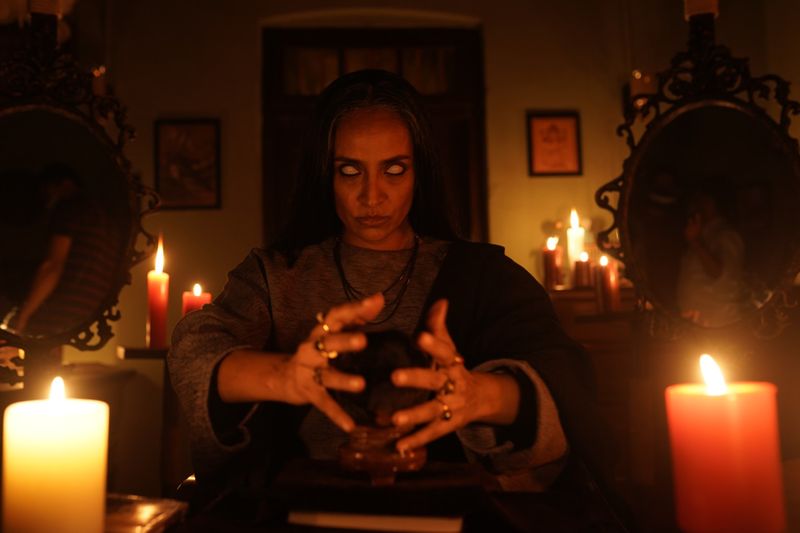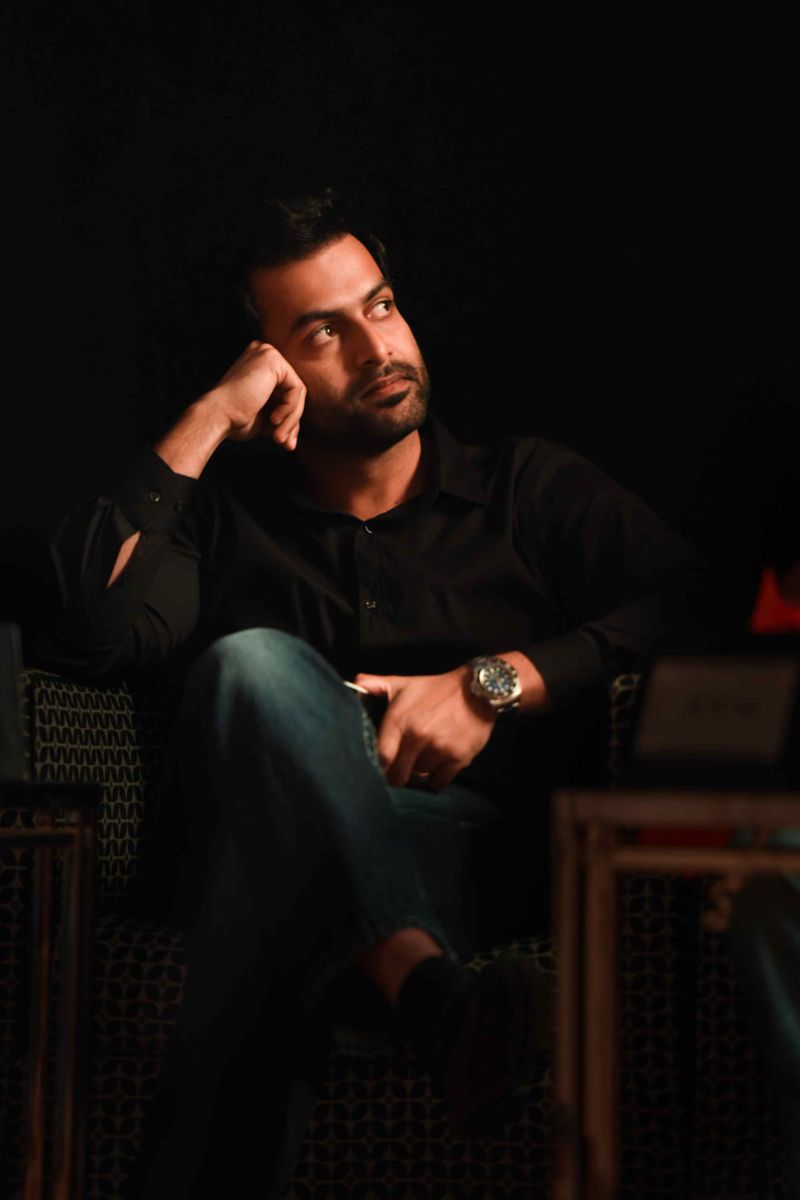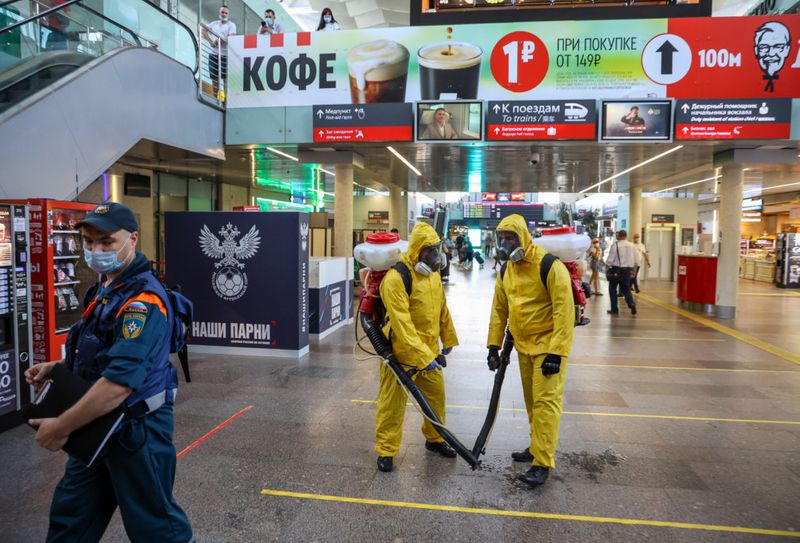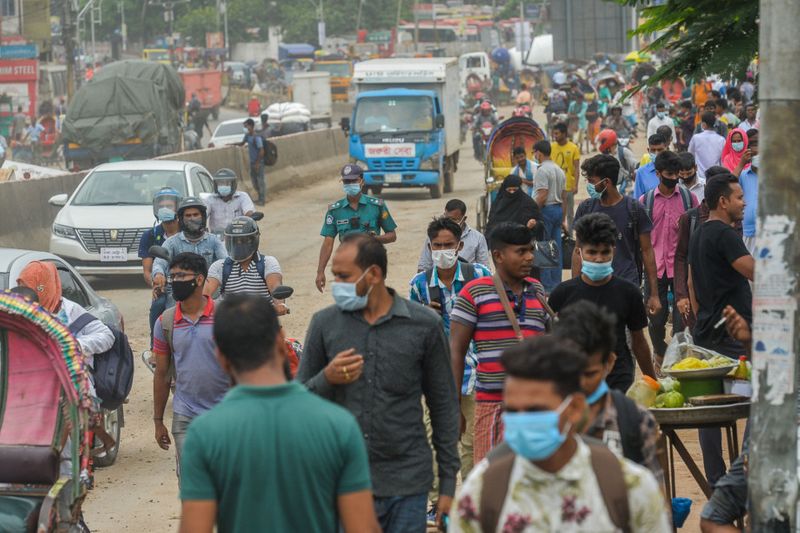Omar Abdullah, the former Chief Minister of Jammu and Kashmir (J&K), was part of a bunch of top political leadership from Jammu and Kashmir that met Narendra Modi, India’s Prime Minister, in a high-level meeting in New Delhi recently.
It was for the first time since August 5, 2019 (when the erstwhile state’s political autonomy, enshrined in Article 370 of India’s constitution, was abrogated by Modi government) that the leaders from J&K came face to face with the Prime Minister and Amit Shah, India’s Home Minister.
In a Zoom meeting with Gulf News, Omar Abdullah, gave an insight into what happened at the much-anticipated meeting, the legal fight over Article 370, his own political plans and the plight of the people in J&K.
Excerpts from the interview:
What were your expectations going in the meeting with the Prime Minister?
I did not attend the meeting with any expectations. Given that very few of us (political leadership in J&K) have had any contact with the government of India, much less at the level of the Prime Minister, since August 2019, this meeting was more in the nature of an ice breaker.
It gave us an opportunity to tell the Prime Minister how we felt and how we thought the people of Jammu and Kashmir felt post the scrapping of the state’s special status.
This meeting was just a beginning. The Prime Minister acknowledged that a vast gulf exists between Jammu and Kashmir and the rest of India. He talked about Dilli se doori and Dil ki doori (gap between J&K and Delhi and also a distance in hearts), which needs to be addressed.
We told the Prime Minister in no uncertain terms that people are not happy with the events of August 2019. All political parties were clear in making this known to our hosts.
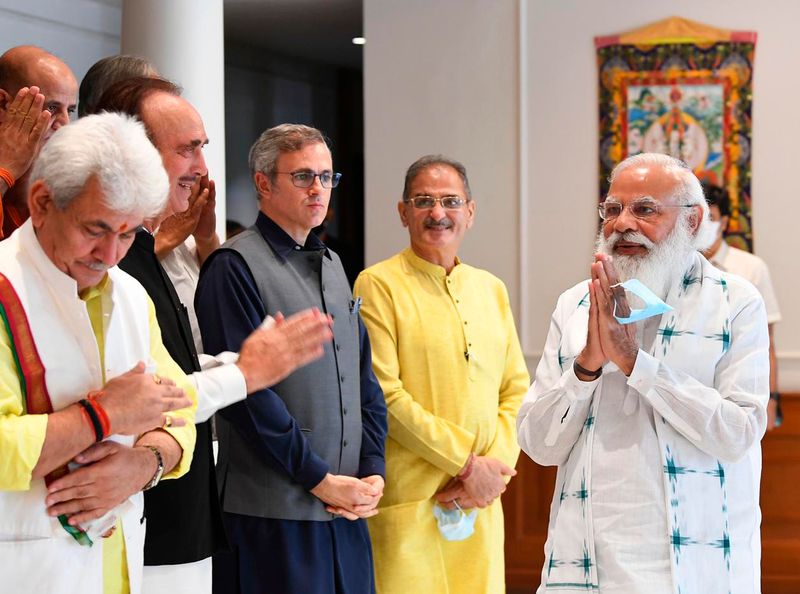 Omar Abdullah along with a host of top political leaders met with Narendra Modi in New Delhi on June 25, 2019 Image Credit: AP
Omar Abdullah along with a host of top political leaders met with Narendra Modi in New Delhi on June 25, 2019 Image Credit: AP
You met Modi in August 2019. A lot changed in the interim. How was it like facing him for the first time in nearly two years after you were imprisoned?
It was almost surreal because not long ago we were detained by the government and our detentions were justified using all sorts of claims. In my case, for instance, the Public Safety Act detention was justified saying that I had mobilised people to vote in the face of an election boycott!
I would be lying if I said that it was all completely as if nothing had happened. Like I told you it was surreal to begin with but the fact is that we (as leaders) have a responsibility beyond ourselves.
The Prime Minister of India reached out to us for a dialogue and it was absolutely the correct thing to do — and respond positively to the dialogue.
I will never forget what I went through (during my imprisonment) but I’ve always said it’s not about an individual. It is about the wider cause we are fighting and what individually may have happened to me or my father (Dr Farooq Abdullah, Member of Parliament) or Mehbooba Mufti (Former Chief Minister) or to many others, doesn’t matter.
What is important that we keep the channels of communication open.
Why is the government of India insisting on delimitation in J&K?
I think that’s a question which the government of India can better answer. I can hazard a guess but is only a guess and I think it’s because of the political constituency that the BJP has cultivated — particularly in parts of Jammu.
Otherwise there is no legal or constitutional reason why J&K should be singled out with delimitation when the rest of the country is going for delimitation in 2026. We are already in 2021. Our delimitation will take place on the basis of data that is 10 years old.
Whereas rest of the country goes for delimitation in 2026 (based on the 2021 census), so already there will be discrepancy between the rest of the country and J&K. This is a question for the BJP to answer that if the entire exercise of August 5, 2019 was to bring J&K at par with the rest of the country, why then single out J&K for delimitation?
We want the restoration of full statehood before any move towards holding elections in J&K. Congress leader Ghulam Nabi Azad made the intervention towards the end of the meeting. It is something we will continue to press for.
Delimitation
The Delimitation commission is an independent body tasked to redraw the boundaries of the various assembly and Lok Sabha constituencies based on the census of India.
You have said recently that there is no indication that Article 370 will be restored. That sounds accommodative and some contend that rather than taking this government head-on like Mamata Banerjee, you may have lowered the bar. Your comments?
No absolutely not. I think there are two ways to go about this — I can either fool people or I can be honest with them.
Please tell me by which convoluted logic these commentators believe that Prime Minister Narendra Modi will return Article 370 having taken it away two years ago? What indications do they have on which to base this highly optimistic position?
If political parties in Kashmir had been given a mandate like Mamata Banerjee was given, events on August 5, 2019 would never have happened.
I have always been saying: Look you don’t like the National Conference, don’t support it but don’t divide your vote, don’t weaken your voice, choose a political party and give it your support.
If Mamata Banerjee, for instance, had ¼ the support that she has in the assembly, would she be able to talk in this way? She talks from a position of strength because people have given her that position.
Unfortunately commentators who are passing judgement on what I said have done nothing but weakened the legitimate voice of the people of Jammu and Kashmir.
They have put us in this position through their support for boycott calls and support for confused politics. Let them throw their weight behind a political party and give that party a ⅔ political majority in the assembly and then see what we can achieve.
I am not suggesting that we will not continue our struggle but we have to know where to take that fight. We have to know where to make that demand and wisdom demands that we choose the right place and the right time.
Please remember it took the BJP/Sangh parivar 70 years to fulfil their agenda of abrogating Article 370. Do our so-called commentators seriously believe that one meeting will get it back for us?
When I talk about full statehood to J&K, we think there are certain changes we can make that will give relief to people — relook at domicile, land laws, job reservation
Omar Abdullah
The Supreme Court of India didn’t take up the case related to Article 370 in two years. How do you assuage the anxiety in people?
It does make us anxious and we would have hoped that it the Supreme Court would have started the process by now but please understand that hardly any processes are working in the country right, which has gone through two very bad phases of COVID-19 and all normal functioning has been derailed.
It is only emergency matters that have been taken up by the court and also we don’t want virtual hearings. This is too important a matter to be consigned to virtual court hearings. We want physical court hearings where we can make our case properly to the honourable judges of the Supreme Court.
If we have to wait a few weeks or months longer, we shall wait, it is a fight worth waiting for. Let’s not do things in a hurry and then end up with a result no one wants.
Will you contest the upcoming elections in Jammu and Kashmir?
Look I am not power hungry. I have no deep rooted desire to be in the position of the Chief Minister. I have already been the Chief Minister for six years. For the time being I have no intention of fighting elections and that’s how it shall be.
How do you feel about the India-Pakistan peace initiatives?
As a party (National Conference) we have always advocated good relations between India and Pakistan. We have often reminded our friends in the BJP that it was Prime Minister Vajpayee who said that we can change friends, we can’t change our neighbours.
Relations must improve and the responsibility for creating a conducive atmosphere for dialogue rests with both India and Pakistan. Both nations must approach it with the seriousness that it deserves and hopefully we can take a visible process forward.
Kashmiris are anxious and that is quite apparent when one talks to the common people on the street. Where do we go from here?
That’s an important point. If you were to take the opinion of people who are critical of anything other than talk of Article 370, then people of J&K will just have to suffer but I sincerely believe that it is possible for us to give people an element of relief immediately, while also fighting the wider fight for getting back from what was taken from us on August 5, 2019.
I may not want to fight the assembly elections myself, but I do understand that having an elected government with elected representatives will allow great relief to people from exactly the sort of things that you mentioned.
We are an open air prison because we don’t have an elected government. There is no one accountable for the wider population.
Take for instance the case of a District level officer who had an individual arrested simply because the person said a local official can better understand him (that an officer from outside the state). It is inconceivable that something like that would happen with an elected government.
While we continue to wage our struggle for the wider cause, which is the restoration of our special rights, we must also look to take relief where we can get it.
When I talk about full statehood to J&K, we think there are certain changes we can make that will give relief to people — relook at domicile, land laws, job reservation.
Everyday system of fear of detention, transfers, unaccounted governance has to end.
from World,Europe,Asia,India,Pakistan,Philipines,Oceania,Americas,Africa Feed https://ift.tt/3hmBlDo
